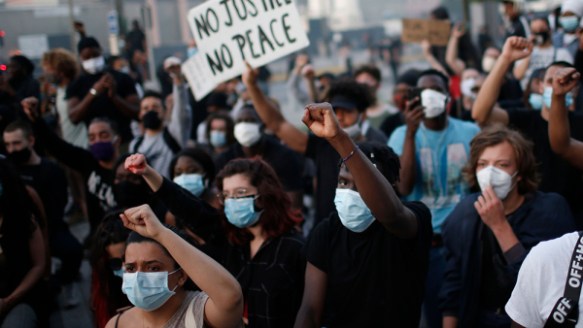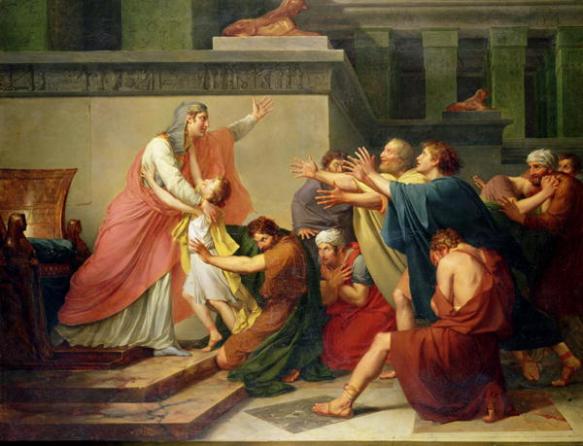
photo: Rafael Yaghobzadeh/AP/Shutterstock
To the One who demands justice:
inspire us to become rodfei tzedek,
pursuers of justice
in our lives and in our communities.
Give us the strength to resist power
wielded with fear and dread;
fill us with the vision and purpose
to build a power yet greater,
a power rooted in solidarity,
liberation and love.
Grant us the courage to dismantle
systems of oppression –
and when they are no more,
let us dedicate our wealth and resources
toward the well-being of all.
May we abolish all forms of state violence
that we might make way for a world
free of racism and militarization,
a world where no one profits
off the misery of others,
a world where the bills owed those who have been
colonized, enslaved and dispossessed
are finally paid in full.
Inspire us with the knowledge
that real justice is indeed at hand,
that we may realize
the world we know is possible,
right here, right now,
in our own day.
May our thoughts and our hopes,
our words and our deeds
guide us toward a future of reparation,
of restoration, of justice,
al kol yoshvei teivel
for all who dwell on earth,
amen.





